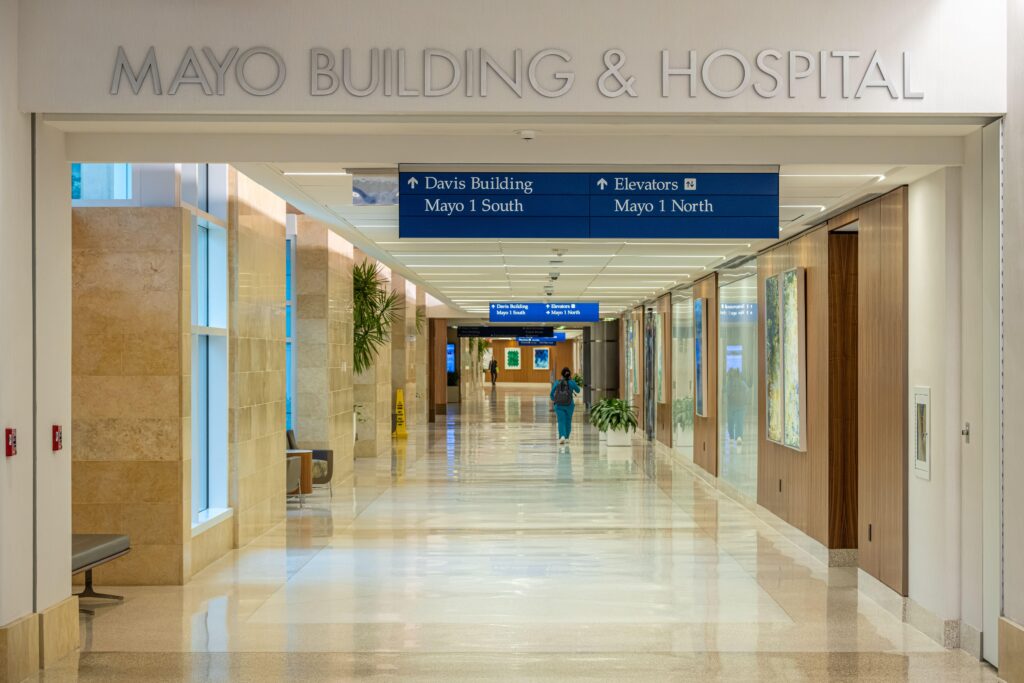Operative Instructions
Planning and Preparing for Surgery
Thank you for entrusting us with your surgical care. We do not take this honor lightly, and as such strive to provide a world-class experience in a comfortable, relaxed, and organized atmosphere. We believe in an equal partnership between yourself and our team with the common goal of maximizing your function and quality of life. Therefore, below is an outline of essential information and frequently asked questions to help promote a smooth and successful recovery.
Before the day of Surgery
- Arrange for a family member or friend to accompany you to the hospital on the day of surgery.
- Pick up any previously prescribed post-operative medications and bring them with you.
- Do not eat or drink anything after midnight before the day of surgery
- Wear comfortable and loose-fitting clothing that you can easily change into and out.
- Bring a list of current medications and let us know if you are on any blood thinners or anti-rheumatic medications.
- Leave valuables at home and do not wear makeup, nail polish, or jewelry.

Day of Surgery
- Check-in at the Mayo building patient registration desk at the designated arrival time, typically 2 hours before the scheduled procedure start time.
- Afterwards you will meet our nurses who will review your health history, take your vital signs, help you change into a hospital gown, and then escort you to the pre-operative holding area.
- Dr. Marigi will see you before surgery to go over any additional questions you may have.
- Our anesthesia team will speak with you regarding the procedure and the anesthetic approach.

After surgery
- You will rest in our recovery area under the care of our nurses, where we will bring in your companion, family member, or friend to be with you.
- Dr. Marigi and the team will speak with you regarding the details of your procedure and postoperative instructions.
- Our allied and nursing staff will review the use of any indicated durable medical equipment and provide you with written and verbal discharge instructions.
- For inpatient surgeries, you will be transferred to the hospital for observation once you have recovered and your room is available.
- For outpatient surgeries, you will be discharged about 2 hours after you arrive in the postoperative area. This is contingent on having adequate pain control, an understanding of the discharge instructions, and personal comfort with being able to go home.
At A Glance
Erick M. Marigi, M.D.
Shoulder Surgeon and Sports Medicine Specialist
- Fellowship-trained Orthopedic Sports Medicine and Shoulder Specialist at the Mayo Clinic in Florida, the No.1 hospital in Florida as ranked by U.S. News & World report.
- Expert in the entire spectrum of shoulder conditions and sports-related injuries with over 100 peer-reviewed publications.
- Assistant Professor of Orthopedic Surgery at the Mayo Clinic College of Medicine and Science
